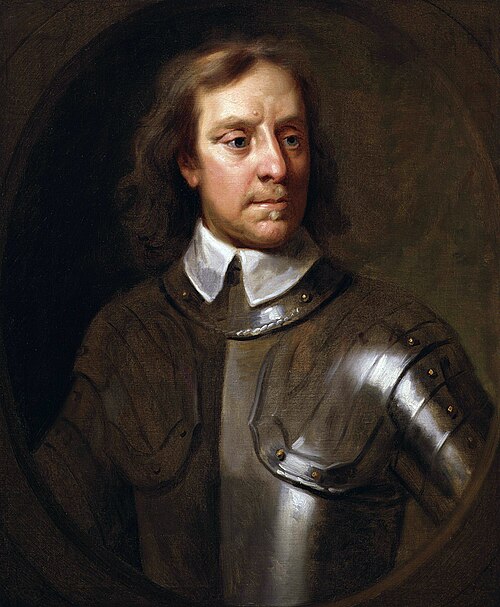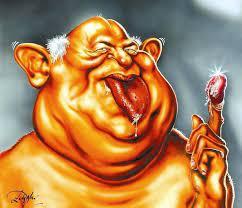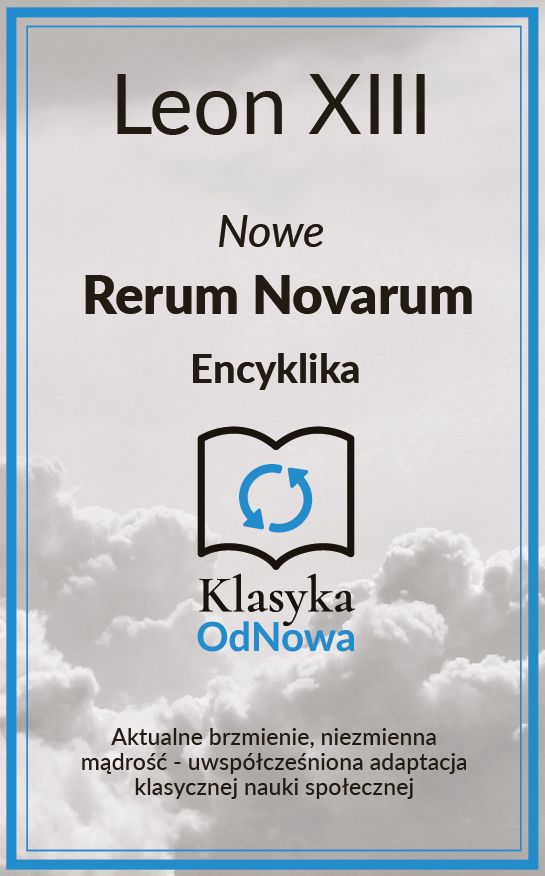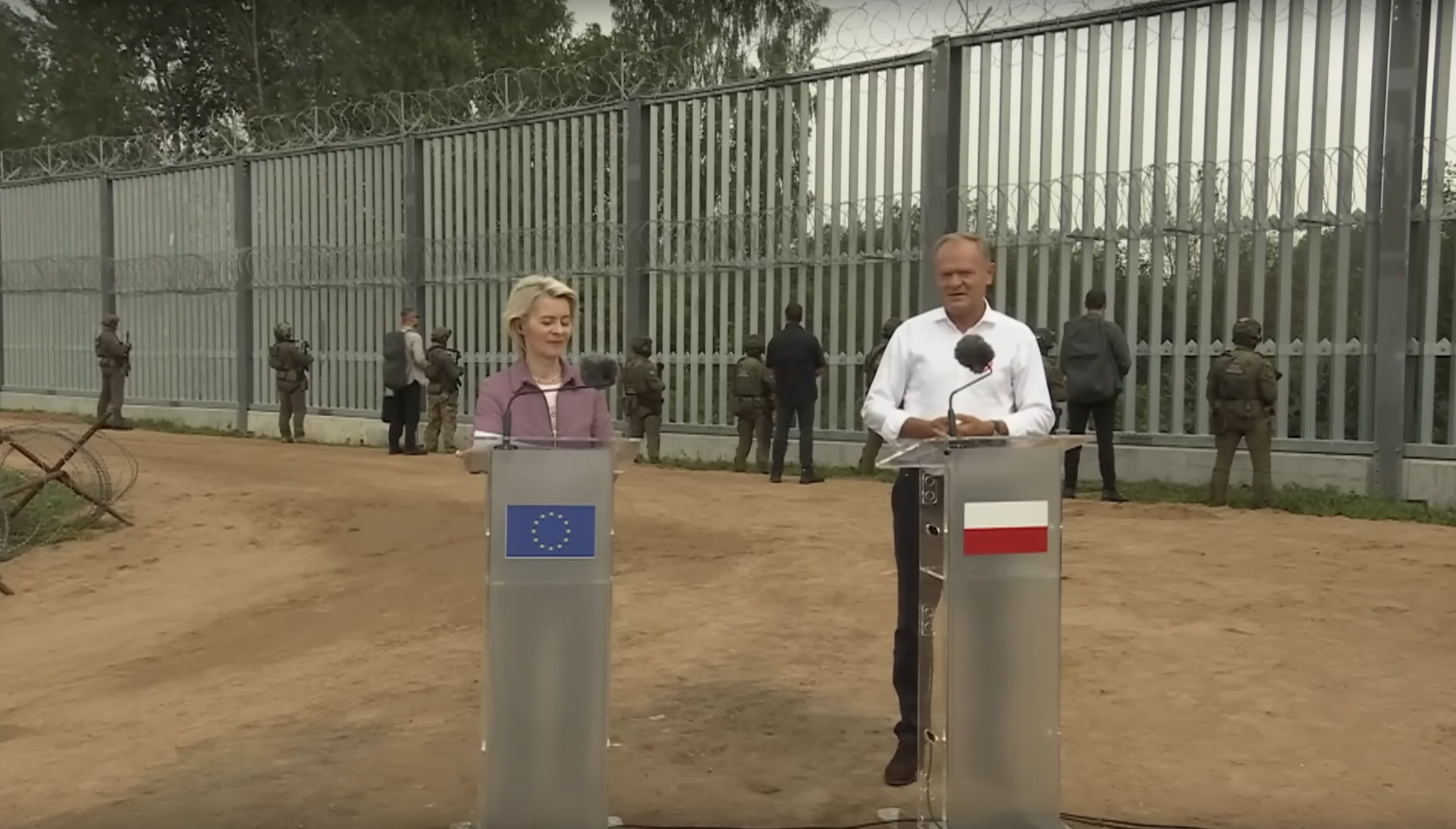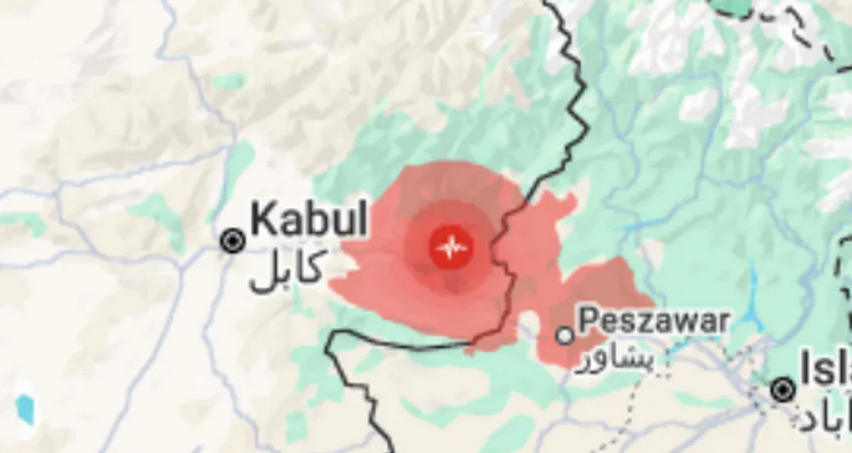"Let me go back to the scandal caused by another effort to establish John Lennon's song "Imagine" as an unofficial (yet?) Olympic anthem. Ex-Beatles sang about his dream: a planet without religion, countries (nations/states), property – no religion, no countries, no possessions. The same was written before him by the creators of “scientific communism”, we read in the diary published on Monday in the social media by Prof. Andrzej Nowak.
Below we print the content of the full comment of the Krakow historian.
Let me go back to the scandal caused by another effort to establish John Lennon's song "Imagine" as an unofficial (yet?) Olympic anthem. Ex-Beatles sang about his dream: a planet without religion, countries (nations/states), property – no religion, no countries, no possessions. The authors of “scientific communism ” wrote the same before him. In an interview with “Playboy” magazine in 1980, the vocalist himself admitted that his song could be read as a communist manifesto. Not from Paris, but from the Atlanta Olympics (1996) it began to execute this peculiar anthem, repeating it in this role, among others, during the winter games in Turin (2006) and Beijing (2022) and summertime games in London (2012).
In the latest issue of The Sunday Guest, I ask the question: what is the connection between the message of this song so zealously defended as a fresh anthem of the planet – with the Olympic idea. The answer may be brief: the words ‘Imagine’ are radically contrary to this idea. Without religion, there would be no Olympics. Their thought came from a story about the race to Olympia to entertain the newborn Zeus. There they went pilgrims from all over Greece, divided into hundreds of cities (poleis), and the games were a form of common worship. For the time of the pilgrimage to the games, a truce was introduced in the ongoing almost continuous conflicts, so that pilgrims (including atlets) could safely scope and return from the large feast. From 776 AD to about the end of the 4th century, this tradition continued after Christ. It was crucial that the people of Athens, Sparta, Thebes, and even the smallest poleis, could compete with each another on equal terms--to the glory of their homelands. It was, alongside the spiritual aspect, the most important! The pride of representing not himself, but his homeland, in which the Olympic winner was greeted as a hero.
Revealing the thought of the games, French Baron Pierre de Coubertin (1863-1937), founder of MKOL, raised in an arch Catholic monarchist family, in a Jesuit school, imagined the Olympic Games as a way to remind in his homeland the physical preparation of future soldiers: those who avenge the defeat of France in the war against Prussia in 1870. This is how modern sports were born. Fortunately, the Olympic movement has survived these first reefs and since the Athens Games (1896) has mostly succeeded (with 2 breaks to the large Wars) in organizing professions where people from different countries can meet without guns and fight for honor not only for themselves, but for their homeland: the flag is the most important.
This could besides be seen during this Olympics, at 1 of its truly touching moments. Here is the tennis player of all time, who achieved all the possible individual triumphs of titles in this archipopular discipline of Serb Novak Djokovic, he yet won a gold medal during his 5th Olympics. Always playing a cold, somewhat cynical even in his sense of superiority over the remainder of the world, 37-year-old athlete this time cried like a teenager. He wept for a fewer minutes with emotion, knelt on the court, said goodbye to a wide Orthodox cross, thanking God for fulfilling his top dream. This dream was to win Olympic gold for your country. This is the Olympic spirit: something that makes these games special.
Source: Facebook / prof. Andrzej Nowak
TG
More than a scandal. About Olympic rainbow sacralization


